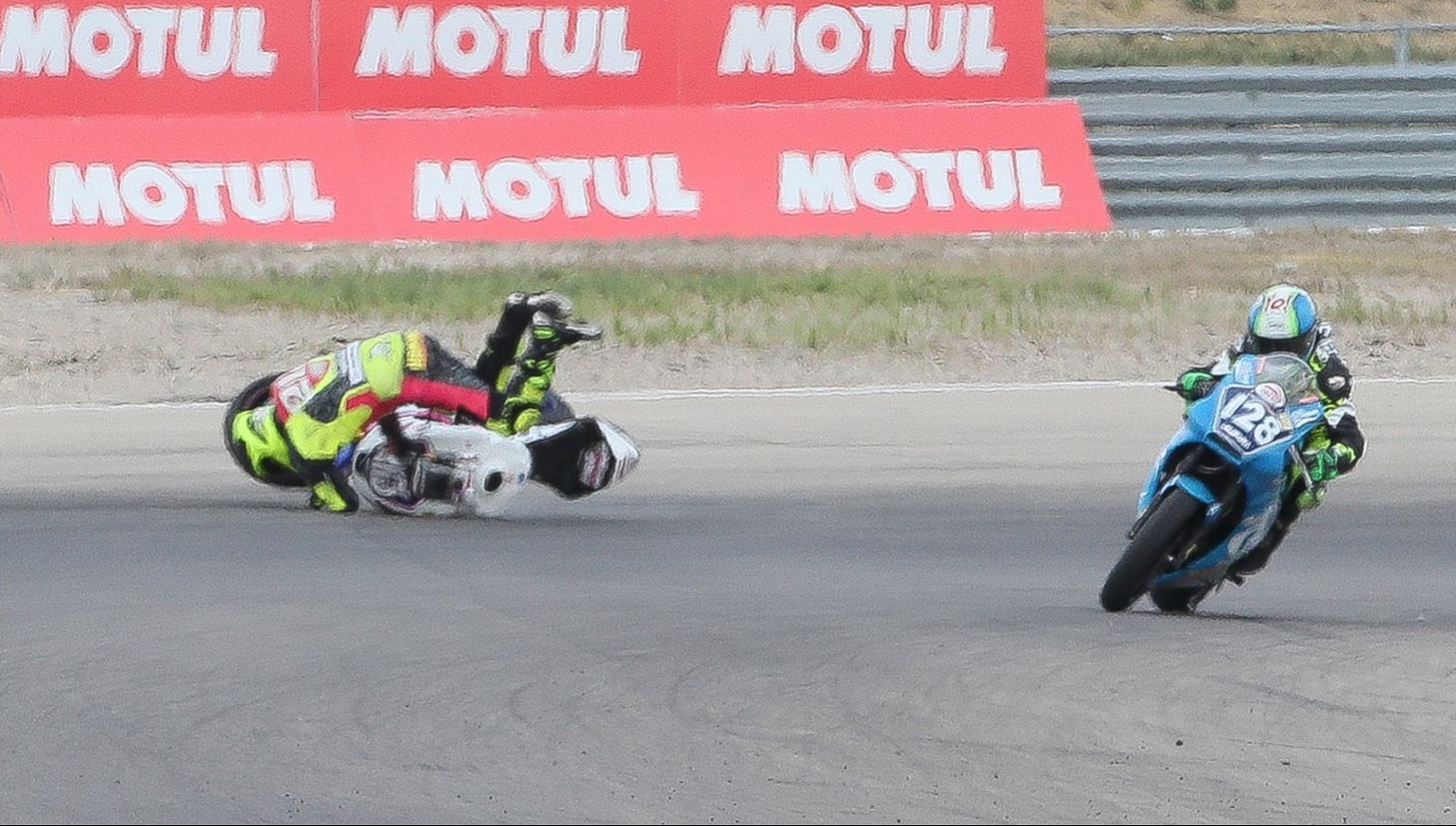If you are asking this question, the answer is generally, "Yes!" But you already knew that.
What you really want to know is:
- How bad is it?
- Do I have to do anything about it?
- Will it keep me from doing anything in particular?
- Will it have a long-lasting impact?
- When can I get back on the bike?
Note that I left out, “Am I going to die from it?” since if you can wonder about whether you do or don't have a concussion, death is really unlikely, at least from the concussion you know you have. That's despite what you may see on a TV medical show which is really, really removed from reality — even Chicago Med, Chicago Fire, and Chicago PD, for which one of my friends is the local doctor expert and a sworn law enforcement officer to boot!
So, let's answer the questions above.
What to look for and how bad is it?
Here are the symptoms of a concussion to watch for:
- Headache
- Blurry vision
- Dizziness
- Neck pain
- Nausea
- Vomiting
- Slow or slurred speech
- Lack of coordination of hands and feet
- Light sensitivity (including computer screens)
- Loss of temper control
- Behavior or personality changes
- Sensitivity to noise
- Ringing in the ears (tinnitus)
- Problems concentrating
- Loss of short-term memory
- No recall of the crash
- No recall of events immediately before or after the crash
- Lack of appetite
We have discussed concussions in the past, but it is worthwhile to note that they come in three grades: mild, moderate and severe. The specifics of each grade are often debated and there are at least 16 different scales that could help you with grading. However, the following is a reasonable, common, and useful guide:
- Grade 1: Symptoms last less than 15 minutes, no loss of consciousness
- Grade 2: Symptoms last more than 15 minutes, no loss of consciousness
- Grade 3: Loss of consciousness, regardless of duration
Do I have to do anything about it?
If you have a Grade 1 or Grade 2 concussion — not really. If you are worried about it, then come see us in the Emergency Department and get checked out. Even a “doc in the box” urgent care center may suffice and you will likely be seen more rapidly than in a typical urban trauma center, simply based on volume.
If you have a Grade 3 concussion, then you should see us at the trauma center. You will be evaluated and typically undergo a CT scan of the brain to look for fracture, bruising and bleeding. If you have any of those, or a combination of those, plan to stay with us as some may progress or have other complications associated with them, depending on their location. Getting evaluated after a Grade 3 concussion is truly important, especially if you are on blood thinners or if you crashed and did not have a helmet to absorb and dissipate some of the impact energy away from your skull and brain. After all, it is the only one you have and early management improves outcomes and recovery.

Will it keep me from doing anything in particular?
Well, yes, depending on which symptoms you have. If your vision, hearing or balance are affected, you should not ride or drive. Or operate heavy machinery, sky dive, mountain bike, or bungee jump, even if you are on vacation. If your symptoms involve nausea, light sensitivity or coordination issues, guess what? You should not do any of those things we previously discussed. You get the idea. When your symptoms go away, your body is giving you the “all clear” signal to reengage!

Will it have a long-lasting impact?
Generally, Grade 1 and 2 concussions, as isolated events, will not have a lasting impact. Some Grade 3 concussions may have persistent symptoms, and some may even need brain injury rehabilitation, although this is not common. Of more relevance is the effect of repetitive concussions ranging from abnormalities on subtle testing to the often discussed Chronic Traumatic Encephalopathy (CTE). The former is more common than the latter. The time interval between concussions is likely important, as well. Frequent and repetitive concussions that occur before the brain has had sufficient time to heal — and symptoms go away — are more likely to result in long-lasting symptoms and potentially even chronic impairment, especially in the areas of short-term memory, judgement, coordination, and perhaps personality stability. Therefore, it is essential to allow your brain to heal before assaulting it again!
When can I get back on the bike?
I’ll bet you know this one by now — when your symptoms go away. And not just your assessment of your symptoms, someone else’s. OK, at least someone else who does not object to you riding at baseline. This advice is great for Grade 1 and 2 concussion sufferers. If you have a Grade 3, please accept substituted judgment from a medical professional, as your concussion may impair your ability to accurately determine symptom resolution. After all, judgment is in large part why you came to see one of us in the first place!
We are invested in making sure that you are able to safely enjoy what those of us reading Common Tread love to do — ride — and not pose a hazard to anyone else on or off the road.












